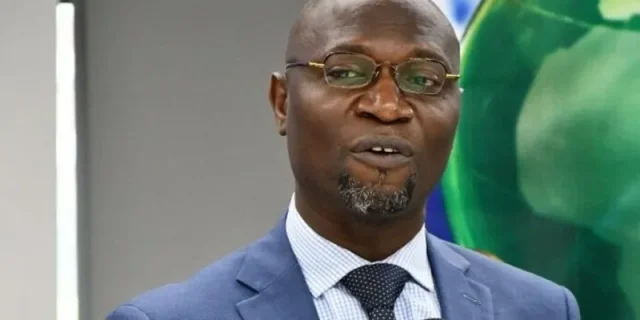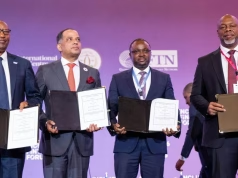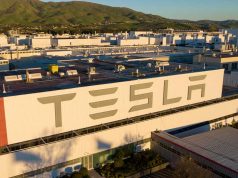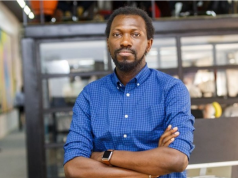The Securities and Exchange Commission (SEC) Director General, Emomotimi Agama, has highlighted the urgent need for Nigeria to invest over $50 billion to bridge its infrastructure gap.
Agama made this statement during a panel session at a stakeholders program themed “Financing the Future in Nigeria.” He emphasized the capital market’s crucial role in mobilizing funds for infrastructure development, provided that adequate investor education and awareness are fostered.
Agama expressed confidence in Nigeria’s potential to achieve a $1 trillion economy, as envisioned by President Bola Tinubu. He emphasized that the effective utilization of the capital market, alongside sectors such as mining, oil and gas, construction, and housing, is key to realizing this ambitious goal.
The SEC Director General stressed the importance of improved investor education to strengthen the capital market’s base and facilitate fund mobilization. He urged for market-creative initiatives to encourage growth and investment.
Agama also highlighted the urgent need for funding essential services like roads, health, airports, education, and agriculture.
The International Finance Corporation (IFC) has been actively involved in supporting Nigeria’s capital market development. Tom Ceusters, Director of Treasury Capital Market & Investments at IFC, revealed that the organization has successfully educated 224 alumni from 56 countries, including 22 from Nigeria, through various capital market initiatives.
John Hunter, Chief Operating Officer and Chief Financial Officer of the Milken Institute, acknowledged the progress made through these initiatives but stressed the importance of taking action. He advised regulators to enhance the attractiveness of the market by examining factors that contribute to a conducive business environment.
The SEC’s call for increased investment in infrastructure highlights the critical need for Nigeria to address its infrastructure deficit and unlock its economic potential.

























